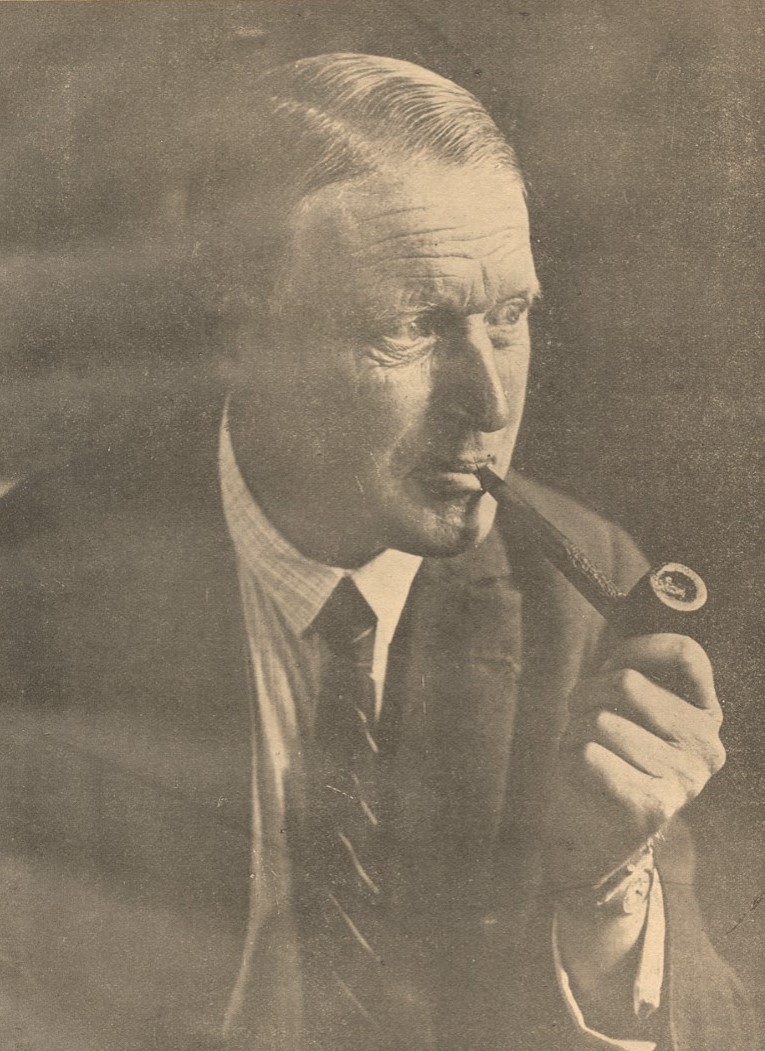Archibald Rudolph Reiss

Dr. Archibald Rudolph Reiss (8 July 1875 Hechtsberg, Baden, Germany - 7 August 1929 Belgrade, Kingdom of Yugoslavia) was a publicist, a chemist, a professor at the University of Lausanne and a famous forensic scientist............
Upon the invitation of the Serbian Government he carried out an inquiry on Hungarian, German and Bulgarian atrocities in Serbia during World War I and published the reports in European papers. He went as a member of Serbian Government at the Peace conference in Paris. When Serbia was overrun in 1915 he joined the Serbian Army in its retreat across Albania to return with the victorius Serbian Army when it liberated Belgrade in the final days of the war. He was known as a great friend of Serbia and the Serbian people and after the war he stayed to live in Serbia..................
After his death his body was buried in the cemetery Topcidersko groblje and, at his own request, his heart on the mountain Kajmakčalan in Macedonia..........
The reason why I have posted this is because I have seen several Macedonian sites mention this figure and a text called "Sur la situation des Macedonianes et des musulmans dans les nouvelles provinces grecques", from the year 1918. I would like to know more about the text, if anybody has anything further to elaborate, share it here. Below is the excerpt commonly cited:
Even though he displayed obvious sympathy for the Serbs throughout his life, he seems to have had a soft spot for Macedonia, if the above text and his request for burial (of his heart, no less) is anything to go by.

Dr. Archibald Rudolph Reiss (8 July 1875 Hechtsberg, Baden, Germany - 7 August 1929 Belgrade, Kingdom of Yugoslavia) was a publicist, a chemist, a professor at the University of Lausanne and a famous forensic scientist............
Upon the invitation of the Serbian Government he carried out an inquiry on Hungarian, German and Bulgarian atrocities in Serbia during World War I and published the reports in European papers. He went as a member of Serbian Government at the Peace conference in Paris. When Serbia was overrun in 1915 he joined the Serbian Army in its retreat across Albania to return with the victorius Serbian Army when it liberated Belgrade in the final days of the war. He was known as a great friend of Serbia and the Serbian people and after the war he stayed to live in Serbia..................
After his death his body was buried in the cemetery Topcidersko groblje and, at his own request, his heart on the mountain Kajmakčalan in Macedonia..........
I said I would rather call your Bulgarophones Macedonians. You call these people Bulgarophones, owing to their language which is similar to Bulgarian. But, is it Bulgarian, is the same language spoken in Sofia? No. Macedonian is just as similar to Serbian as it is to Bulgarian. I am not a linguist and I would not allow myself a personal judgment, but disinterested Balaknologist have asserted to me that Macedonian is more similar to Serbian than Bulgarian. It is possible that there are linguists who assert the opposite. But it is a fact that the Macedonia language is spoken neither in Sofia nor in Belgrade. It is an individual Slav language, just as we have the Romansch in Switzerland, spoken in Grisons, apart from Italian. To my mind, the Macedonian can be called neither Bulgarian nor Serb, but simply Macedonian.


Comment